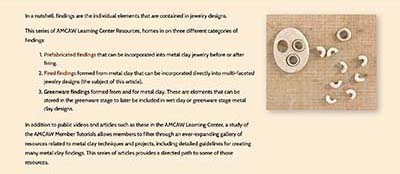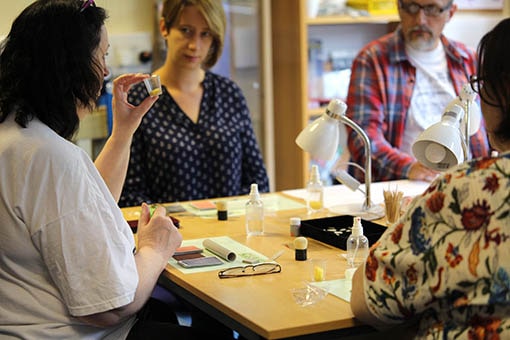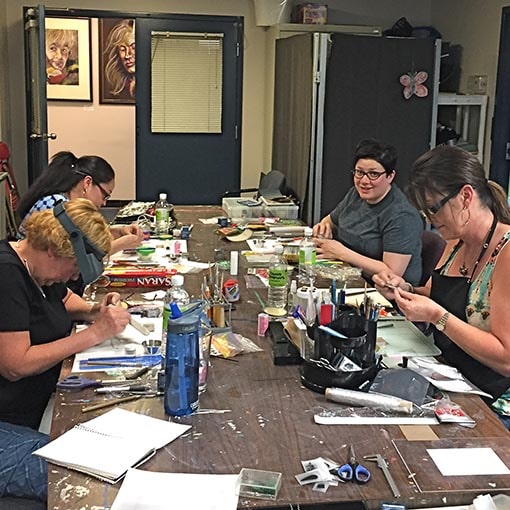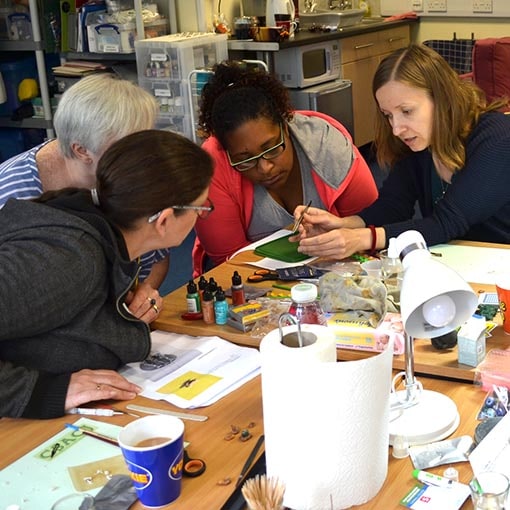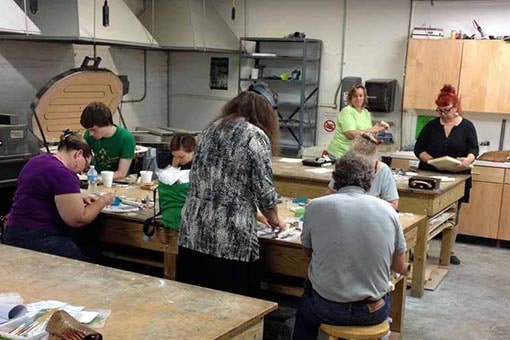Why Do You Want to Teach?
Understanding the reasons why you want to teach will be an important insight as you determine if it is right for you. If you only want to add to your income, teaching may not be the best task to take on.
The business of teaching isn’t just completed during class. Much time is spent designing projects, developing handouts, and creating samples to show in class. In addition, teaching requires locating or creating venues, scheduling and promoting workshops, and providing tools, supplies & equipment for students to use during classes.
On the other hand, the best teachers in any medium are those who love sharing their passion and enjoy seeing their students excel. If this describes your motivation, think about the business aspects above. Consider how teaching might fit in with your family responsibilities, how much time you’re able to devote to it per week, and how far you’re willing to travel for a good teaching opportunity.

